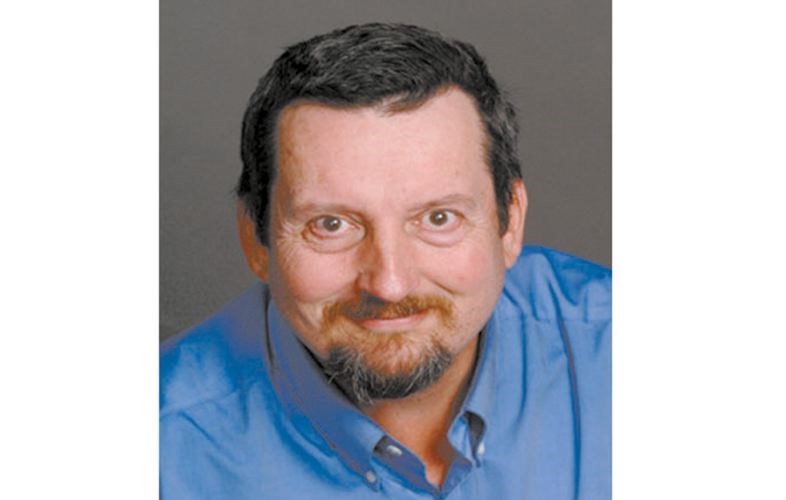Last week, the prime minister, his wife, and his child took on the mighty Rouge River in a canoe.
Okay, the river is placid and there were plenty of other paddlers around. It was the third annual Paddle the Rouge event hosted by Canadian Parks and Wilderness Society Wildlands League. The event teaches people how to handle a canoe or kayak in a friendly, non-threatening environment.
As events go for the prime minister, it was pretty low key. No major announcements. No policies revealed. Indeed, if CBC Radio hadn't followed it up, I wouldn't have heard about it.
But it was Mr. Trudeau's assessment of canoeing on a river, enjoying the outdoors and engaged with the wilderness as the quintessential Canadian identity that caught my attention. Is that really what it means to be Canadian?
Are we just a great big country of naturalists with a desire to get back in touch with the land?
Or are we something else?
Given that we are 149 years young this Friday, I would respectfully suggest there is more to the Canadian identity than just being environmentally conscious.
Indeed, one of the essential features of the Canadian identity is worrying about the Canadian identity!
For pretty much my entire life, I have heard conversations on what it means to be Canadian. We spend an awful lot of time and energy - and money - worrying about how we define ourselves. I suspect this is a consequence of how we were born.
Canada is a country which, for the most part, was created through peaceful pathways. We did not rebel against the English king. We did not arise from a conquering army occupying the land.
Rather, early Canadians worked with the indigenous population and explored. We opened trading posts and lived in concert with our environment and first peoples.
When it came time to put together this great land in the form of a country, we simply asked. First through Confederation and finally through repatriation of the Constitution. We are a country which has established itself through mostly peaceful processes, although I am certain some people will disagree with that statement.
In any case, we didn't have a Revolutionary War as our defining moment. We didn't declare the necessity of ensuring the right to bear arms or the separation of Church and State. We didn't need to declare free speech as a fundamental right.
But without the revolution in which our neighbours to the south "became a country," we also didn't really develop an identity.
There was no singular nexus which has come to define us.
What does it mean to be Canadian?
Sure, you can go online and check out a rant by "That Canadian Guy." Or you can believe beer commercials which declare hockey as the soul of this country. Or the likes of John Ralston Saul who believes our identity is built on our willingness to not only accept differences but to build on the multicultural nature of our country.
But do any of these truly define what it is to be Canadian?
My personal favorite definition of a Canadian is a person who, when someone steps on their foot, will apologize.
Perhaps that is who we truly are - a nation of people who are prone to apologizing for all of the bad behavior exhibited by our neighbours.
Indeed, for much of my life, Canada has been the world's peacekeeper. Our troops are the ones sent in to keep warring factions separated. We are the ones standing between two bullies trying to convince them to shake hands and make up. As a nation, we are the ones trying to get everyone to say "sorry."
Surely, though, there is more to being Canadian. I have never met a fellow canuck who is ashamed to admit it. We are as proud of who we are just as much as we seem unsure of who we are.
Perhaps it is because we let others try to define us. Certainly the American entertainment industry has collectively agreed that Canadians are simply "nice."
Need a nice character in a movie? Make him Canadian.
Need a nice girl for the hero to bring home to meet the parents? Make her from Vancouver.
In any case, we are coming up on our sesquicentennial and we are still in search of an identity. We could let ourselves be defined by others. We could go so far as to say being Canadian is not being American or French or British or any other nationality. We could simply fall back on hockey as our national identity.
But perhaps the essence of being Canadian is that we truly are a land of diverse people with varying opinions speaking a multitude of languages and worshipping a pantheon of gods who have somehow figured out how to get along.



